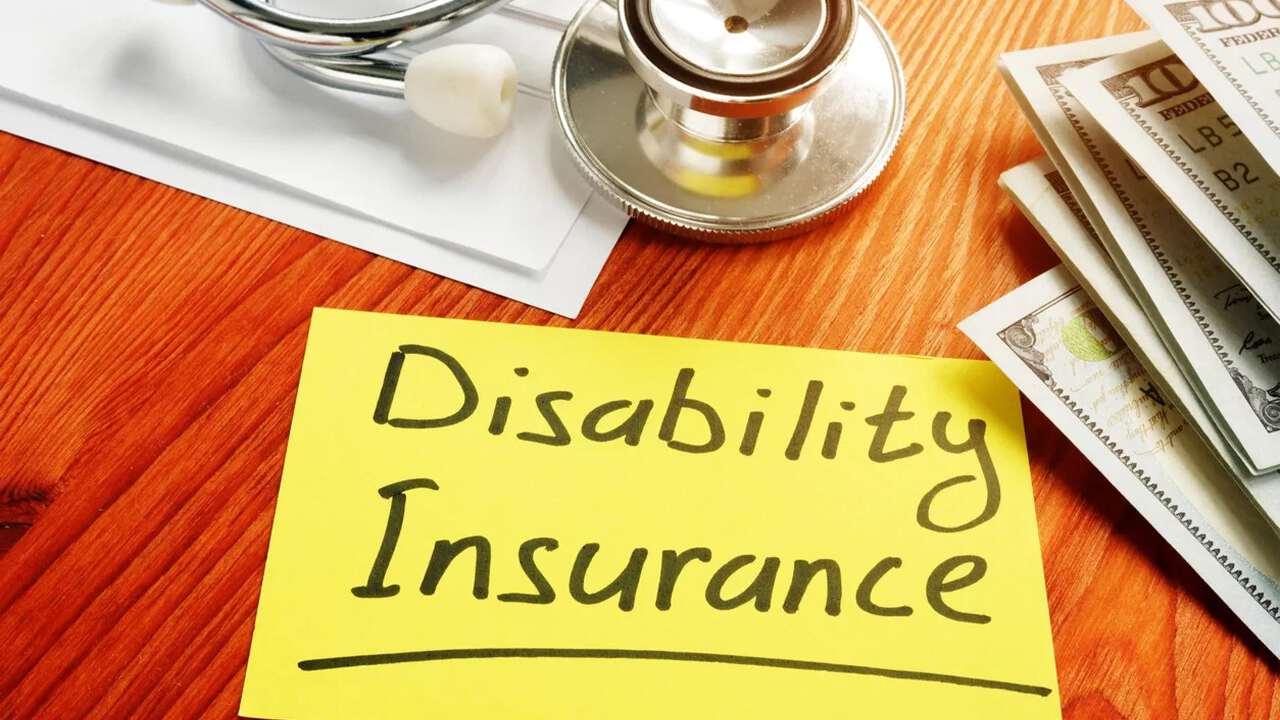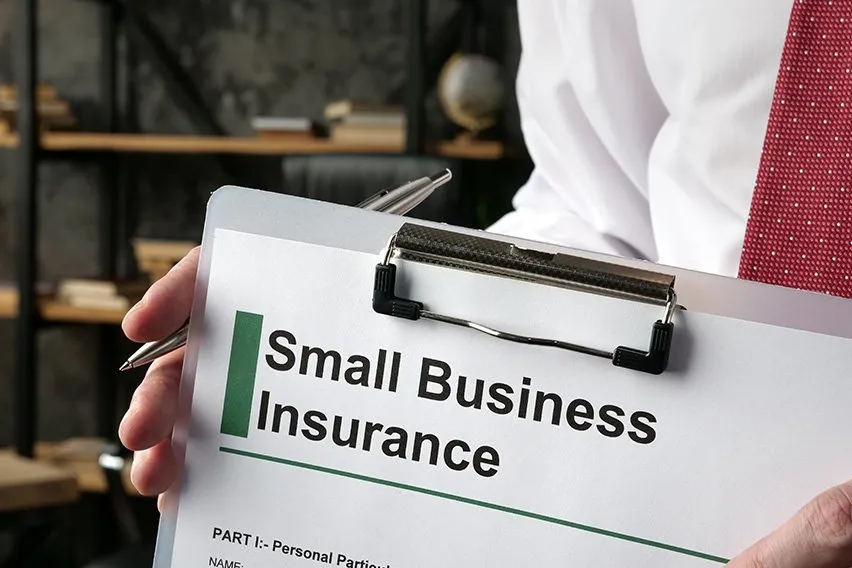What Is Disability Insurance and Do You Need It?

Imagine how you would feel if you woke up one day and found yourself unable to work due to illness or injury. How would you pay the bills, provide for your family, or cover your daily expenses? That’s where disability insurance comes in handy. In a society where most people live paycheck to paycheck, income security is just as important as health insurance. Disability insurance can protect your finances when medical issues keep you from working. As the cost of living rises and work pressures increase, more and more people are realizing the value of income security. However, many Americans don’t know what disability insurance covers or whether they even need it. This article will explain the key components so you can make an informed decision and protect your financial future.
What You Need to Know About Disability Insurance
Disability insurance pays a percentage of your income if you are unable to work due to illness or injury. You can think of it as income insurance that kicks in when you can’t work and helps you maintain your quality of life. There are two main types of disability insurance: short-term disability insurance, which covers temporary situations like surgery or injury, and long-term disability insurance, which kicks in after a waiting period and covers more serious and long-term conditions like cancer, heart disease, or chronic back pain.
Disability insurance pays out while you recover, while health insurance only covers your medical expenses. Policies typically pay 40% to 70% of your regular income and charge a premium for a set period of time or until you return to work. Many people don’t worry about this, but for many workers, especially those who are self-employed or the breadwinners in their families, it’s one of the most important protections they can get.
Why People Don’t Get Disability Insurance
Many people don’t get disability insurance because they think, “It won’t happen to me.” Many people are unaware of how common disability is, especially when it is caused by illness rather than an accident. Some people think that disability insurance or social security is sufficient, but they do not realize that the requirements of these plans are strict and may not meet their needs. Another factor to consider is cost.
Some employees choose not to have disability insurance because the premiums seem high, especially for private insurance. But the most important thing is your mindset. People are more likely to insure their cell phones than their wages, even though the consequences of losing money are much more serious. Without disability insurance, a catastrophic health problem could leave them broke, in debt, or even out of their home. It is not just about preserving your career but also about securing your family, your lifestyle, and your future plans.
How Disability Insurance Works
You must submit an application for disability insurance, which takes into account your employment, income, and medical history. Once your application is approved, you will begin paying monthly premiums based on your age, health, and employment. If you become disabled and file a claim, you will have to wait 30 to 90 days before you receive benefits. During that time, you must demonstrate that your condition prevents you from continuing to work. Different policies define “disability” differently.
Some policies offer “work-related” coverage, meaning that you are still covered even if you cannot do a specific job but can do other work. Some policies require that you be totally disabled to qualify for coverage. Once your application is approved, you will receive monthly benefits until your condition improves, your benefit period ends, or you turn 65 (depending on your policy). It’s a process, but it can provide you with important financial support when you need it most.
Who Needs Disability Insurance?
If you rely on your paycheck to pay for things like rent, groceries, or childcare, you undoubtedly need disability insurance. It applies to almost everyone, including salaried employees, hourly workers, freelancers, business owners, and even stay-at-home parents. Disability insurance is even more important for self-employed or gig workers, who don’t have the security of an employer’s benefits.
People with young children, mortgages, or other debts need to think about how they’ll handle their income if it suddenly disappears. Even if you’re young and healthy, you can still become disabled. Statistics show that one in four workers will become disabled before retirement. And the younger you are, the more years you’re likely to lose. Disability insurance can protect you from losing everything you’ve worked hard for due to health issues.
Conclusion
Disability insurance isn’t often an option, but it’s one of the best things you can do with your money. It’s not just for people who do dangerous jobs or have long-term illnesses; anyone with an income and bills to pay can benefit from it. As more people work from home or become freelancers, traditional safety nets are no longer reliable. That means it’s more important than ever to have your own income protection plan.
Disability insurance gives you the peace of mind that comes with knowing that your finances won’t collapse if the unexpected happens. Think of it as your financial safety net that keeps you afloat even when things don’t go as planned. So of course, you probably need it. When it comes to money management, hope isn’t a strategy, but insurance is.
FAQs
1. What’s the difference between short-term disability insurance and long-term disability insurance?
Long-term disability insurance is designed to cover more serious illnesses that can last for years or until you retire. Short-term disability insurance only covers illnesses that last for a shorter period of time, usually a maximum of six months.
2. Is it worth getting disability insurance?
Yes, if your income is important to you. If you get sick or injured and can’t work, the loss of wages can seriously affect your financial situation without an alternative plan.
3. Does Medicare cover disability insurance?
No, Medicare can cover medical expenses, but it won’t cover your loss of income if you can’t work. That’s what disability insurance is for.
4. Can self-employed people get disability insurance?
Of course you can. Many insurance companies offer private disability insurance specifically for freelancers and business owners.
5. When should I get disability insurance?
If you’re young and healthy, that’s the ideal time. You’re more likely to get benefits, have no exclusions or higher costs, and have lower premiums.





